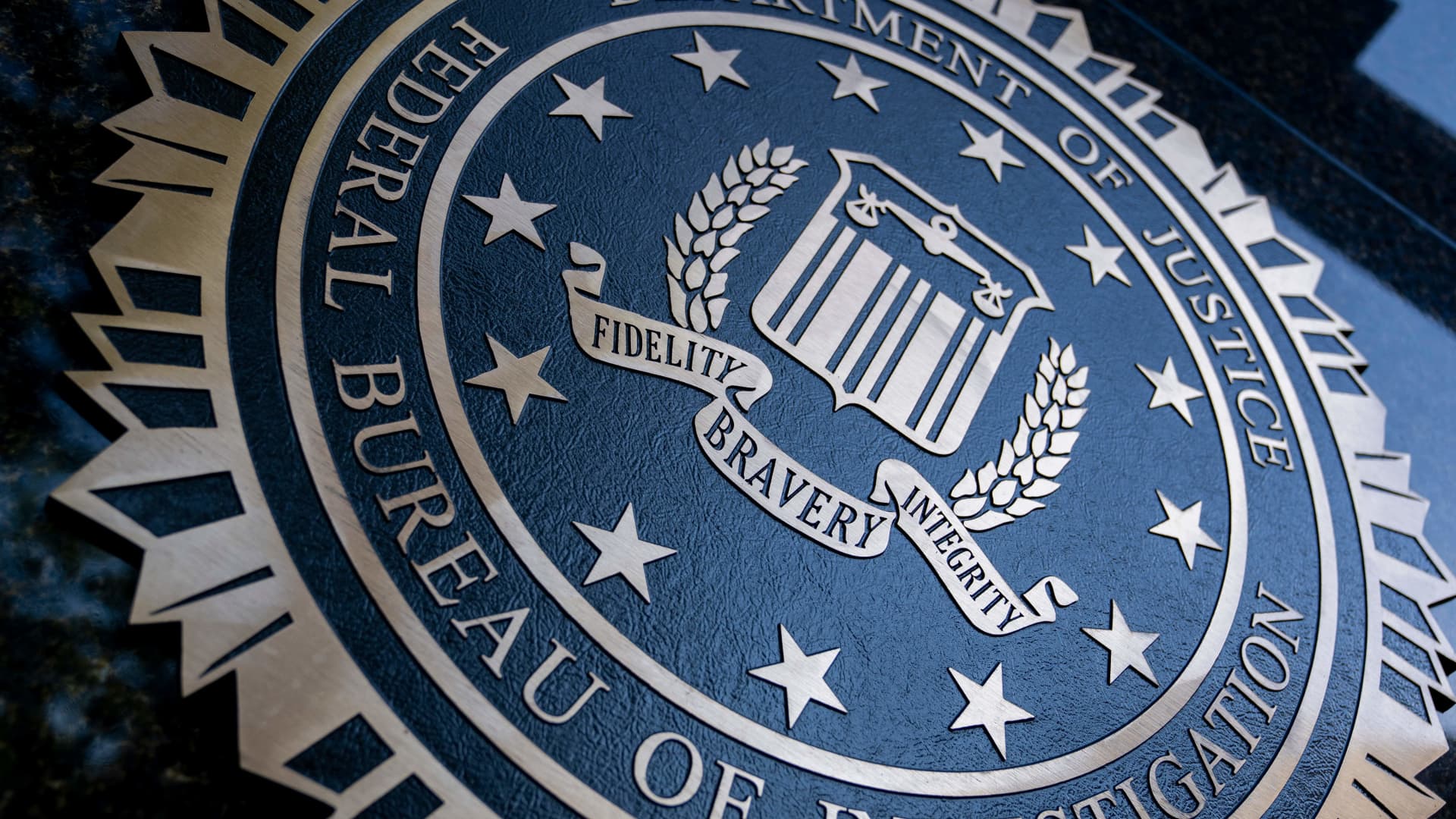Federal prosecutors investigating former President Donald Trump asked a judge Monday not to unseal a key document related to the FBI’s search of Trump’s Mar-a-Lago home, saying it contains “highly sensitive information” that could compromise the national security probe.
The government’s request came three days after the federal judge made public the search warrant and other materials that outlined some key details of the raid on the former president’s Palm Beach, Florida, resort home.
Attorney General Merrick Garland said last week that he personally approved the warrant, and that he supported its disclosure in light of the “substantial public interest in this matter.”
But the Department of Justice on Monday pushed back on calls to release the affidavit supporting the search warrant, saying it “presents a very different set of considerations.”
“There remain compelling reasons, including to protect the integrity of an ongoing law enforcement investigation that implicates national security, that support keeping the affidavit sealed, the federal prosecutors wrote in a filing in U.S. District Court in Florida.
The affidavit contains “critically important and detailed investigative facts,” they argued in the filing, which was signed by Jay Bratt, head of the Counterintelligence and Export Control Section of the DOJ’s National Security Division.
Those facts include “highly sensitive information about witnesses, including witnesses interviewed by the government; specific investigative techniques; and information required by law to be kept under seal” in accordance with the federal rules, the prosecutors wrote.
“If disclosed, the affidavit would serve as a roadmap to the government’s ongoing investigation, providing specific details about its direction and likely course, in a manner that is highly likely to compromise future investigative steps,” the filing said.
“In addition, information about witnesses is particularly sensitive given the high-profile nature of this matter and the risk that the revelation of witness identities would impact their willingness to cooperate with the investigation,” the prosecutors wrote.
They also said they considered whether to release a heavily-redacted version of the affidavit, but concluded that “the redactions necessary to mitigate harms to the integrity of the investigation would be so extensive as to render the remaining unsealed text devoid of meaningful content.”
The search warrant and property receipt, unsealed Friday, shed much light on the search of Trump’s home, while at the same time raising more questions about the federal investigation into the former president.
The documents showed the FBI seized 20 boxes of items and other materials, including multiple sets of documents marked top secret and classified. The warrant indicates that the agents were looking for materials related to three criminal statutes, one of which was part of the Espionage Act.
One of the statutes, which relates to removing or destroying government records, includes a punishment of being “disqualified from holding any office under the United States,” according to the text of the law. None of the three statutes — Title 18 of the United States Code, Sections 793, 1519 and 2071 — hinge on whether the documents in question were classified.
Earlier Monday, Trump wrote on his social media platform that the FBI had taken three of his passports — including one that was expired — during the raid.
